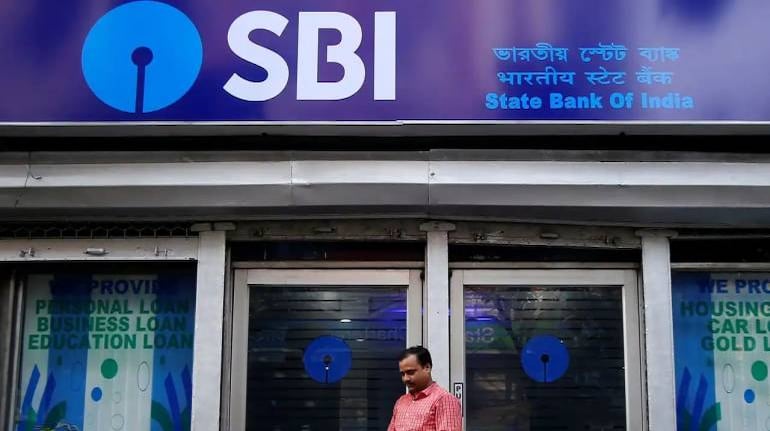



The State Bank of India (SBI) is racing against time to complete the process of submitting the data on electoral bonds by this evening as mandated by the Supreme Court on March 11. SBI, the country’s largest lender, must submit the details of all electoral bonds sold from 2019 to 2024 by the close of business hours on March 12.
The order
The SBI moved an application in the top court seeking extension of time till June 30, 2024, to disclose details of electoral bonds encashed by political parties. While the SBI had said it would require time to match the details of the donor with the political party they have donated to, the Supreme Court clarified that it need not do any such matching and it would have to submit the details that are readily available with it.
Upon receipt of the information from the SBI, the Election Commission of India must publish all the details by 5 PM on March 15.
The SBI incurred the wrath of the five-judge bench of the Supreme Court for filing this application as the apex court warned the bank, saying, “We place SBI on notice that this Court will be inclined to proceed against it for wilful disobedience of the judgment if SBI does not comply with the directions of this Court as set out in its judgment dated 15 February 2024 by the timelines indicated in this order.”
The above transpired pursuant to the SC judgment from February 2024 striking down the electoral bonds as unconstitutional on the ground that the non-disclosure of information regarding the funding of political parties is violative of the right to information of citizens.
Moneycontrol explains what was argued in the court in the application filed by the SBI and what the court held.
What was the SBI’s contention?
Senior advocate Harish Salve, who appeared for the SBI, argued that due to the stringent measures that they had adopted to keep the names of the donors anonymous, “decoding” the electoral bonds and the matching of the donor to the donations made would be a "complex process". According to the SBI, the information regarding donors and donations are kept in two silos.
The bank contended that "retrieval of information from each silo and the procedure of matching the information of one silo to that of the other would be a time consuming exercise". Furthermore, the bank stated that donor details are kept in sealed covers, that are deposited in the main branch at Mumbai.
Salve said, “My (SBI) problem is I am to now put the name of the purchaser and physically correlate with bond details and others.” Salve, however, said that they could provide the details readily in three weeks if they did not have to match the donor to the donations.
What did the Supreme Court say?
Chief Justice of India (CJI) DY Chandrachud, who led the bench, started the hearing by saying, “We have not told you to do the matching exercise. We have only asked you to give the details.”
The court was also miffed with the fact that SBI had simply sought an extension without really telling them what they had done in the 26 days since the judgment was passed on February 15. The CJI said, “Our judgment is dated February 15. We are on March 11. In the past 26 days, what steps have you taken? Nothing is stated. It should have been disclosed. Your application is silent on that. We expect some candour from the State Bank of India.”
The CJI also noted that it was inappropriate for an assistant general manager of the SBI to file an application for extension, especially in a Constitution bench case. The court was of the opinion that a matter of such importance might have to be handled by a person higher in designation.
In is order the court observed that clause 7(4) of the Electoral Bond Scheme mandates that the SBI must disclose the details of electoral bonds only when a competent court issues a direction or an offence is registered by a law enforcement agency on electoral bonds. Thus the court noted that even as per the scheme SBI must disclose the information when it is asked to do so by the SC.
The court noted that ‘Know Your Customer’ documents must be submitted by the purchaser each time an electoral bond is purchased irrespective of whether they have an account in SBI or not. “One set of documents (electoral bond application form, KYC documents and pay in slip) can only be used to purchase one electoral bond. Contributors who have an SBI account as well as those who don't have to submit the EB application, KYC docs and proof of payment through NEFT/Cheque/DD. Thus, the details of the bonds which have been purchased are readily available,” the court said.
The court thus junked the plea noting, “the submissions of SBI in the application sufficiently indicate that the information which has been directed to be disclosed by this Court is readily available.”
Discover the latest Business News, Sensex, and Nifty updates. Obtain Personal Finance insights, tax queries, and expert opinions on Moneycontrol or download the Moneycontrol App to stay updated!
Find the best of Al News in one place, specially curated for you every weekend.
Stay on top of the latest tech trends and biggest startup news.